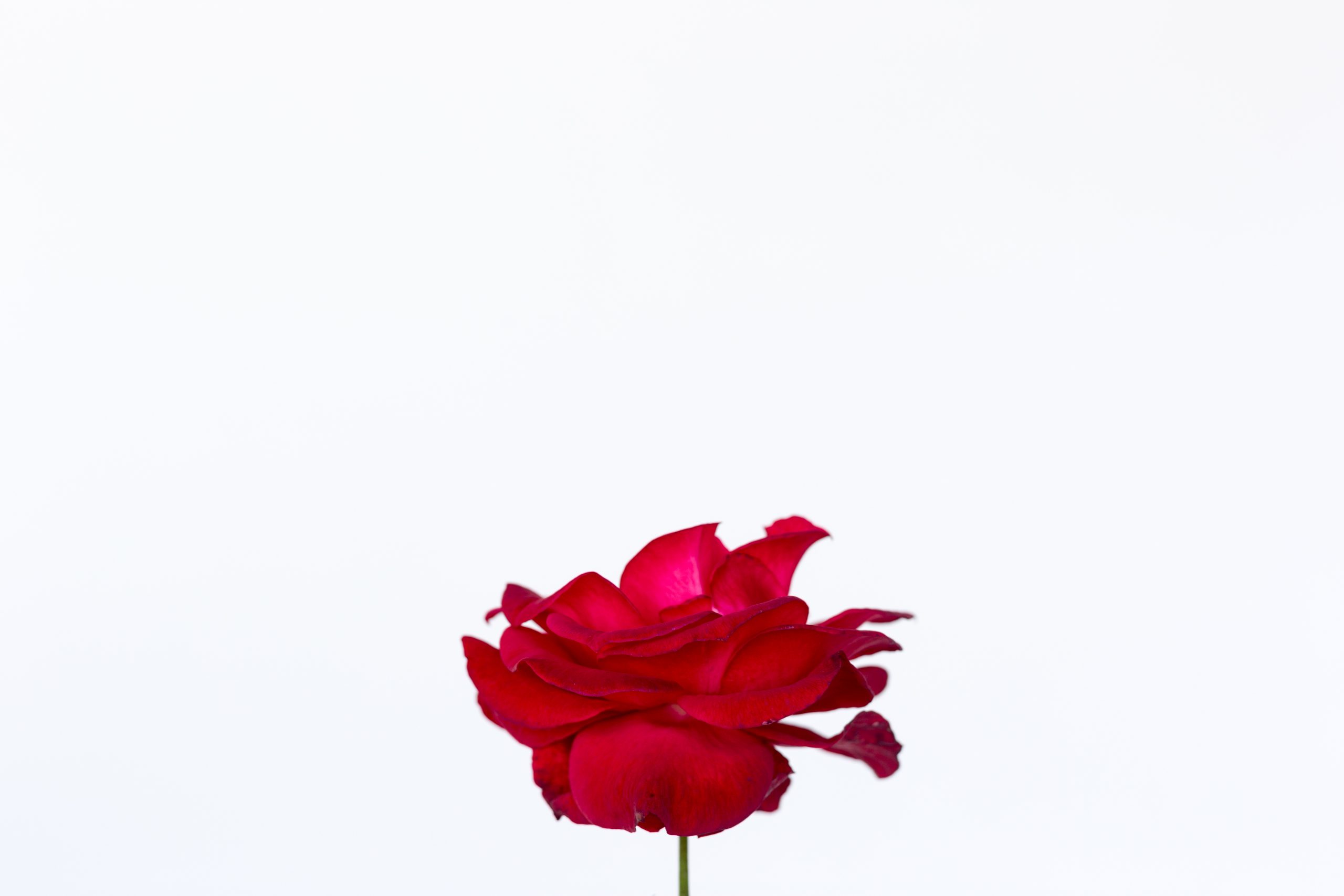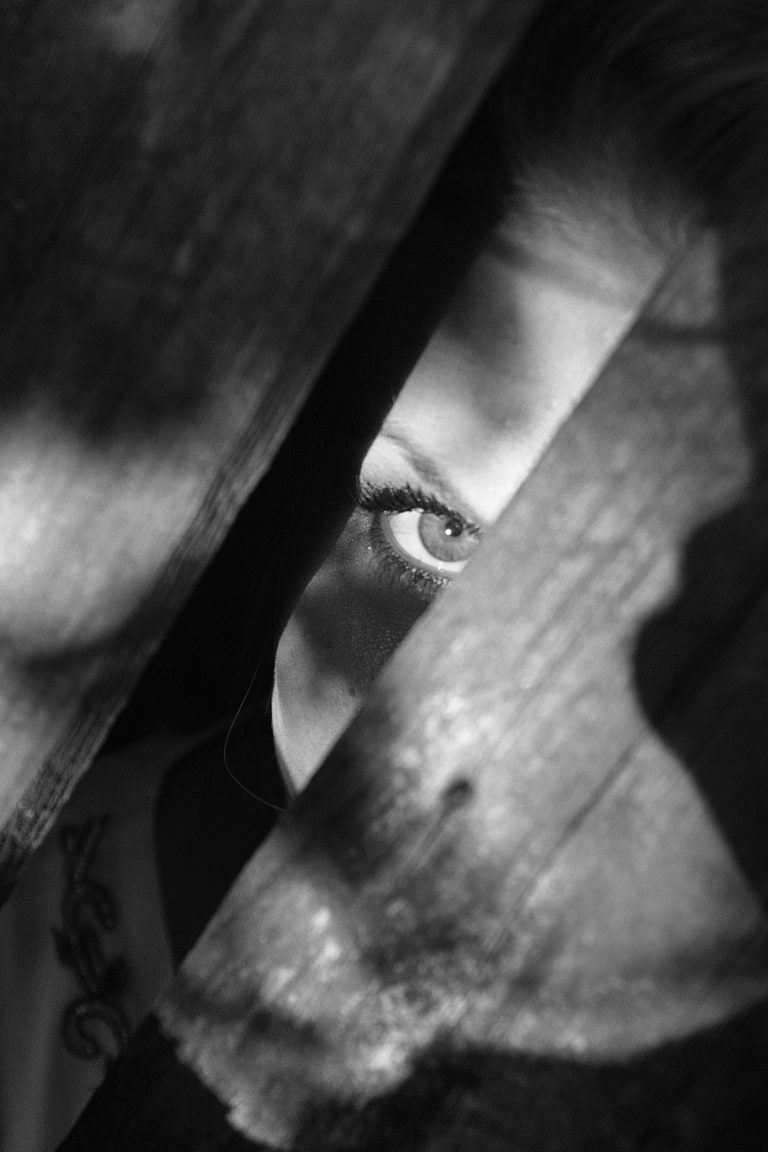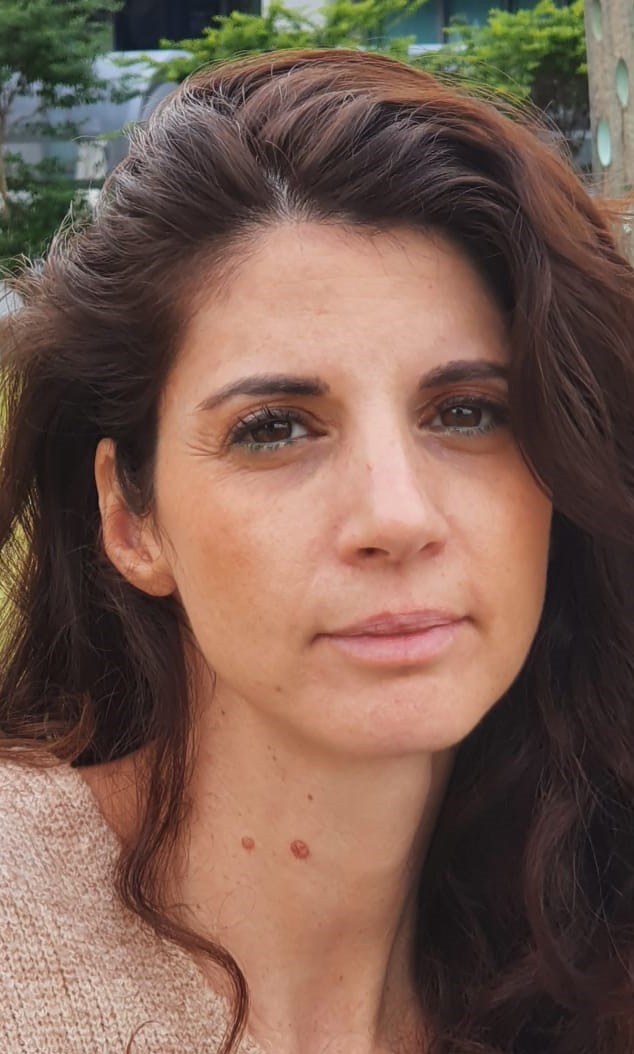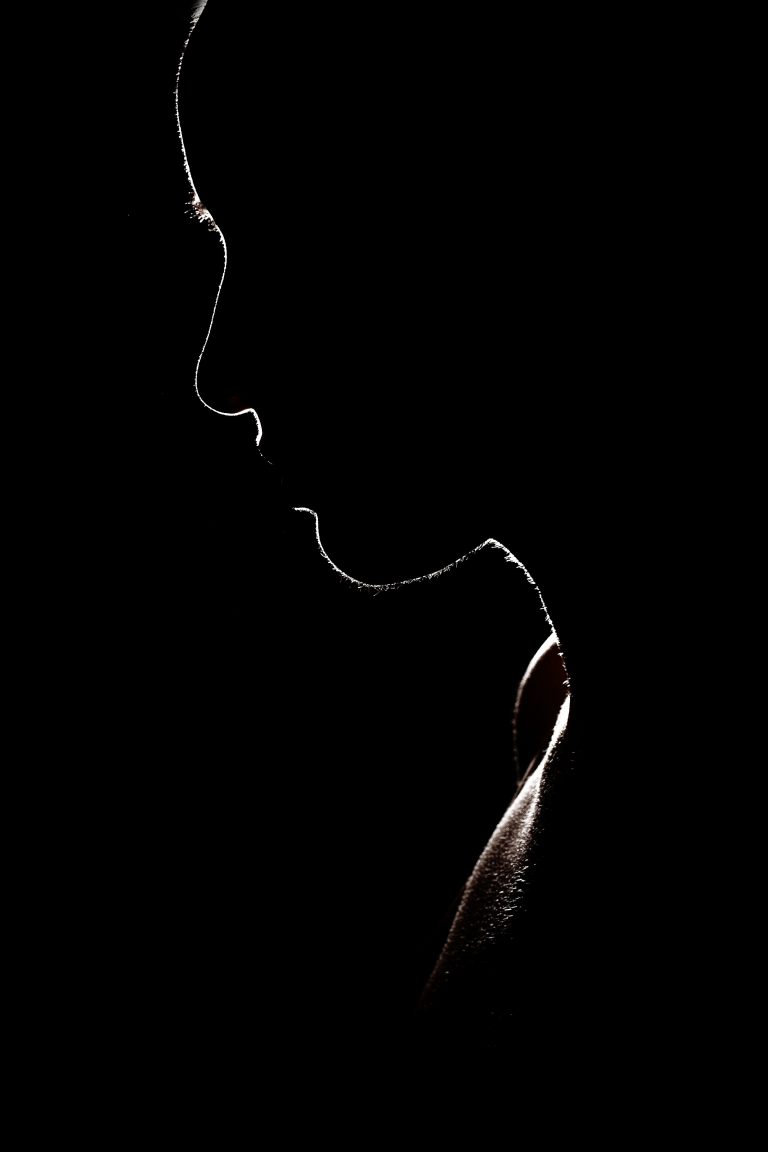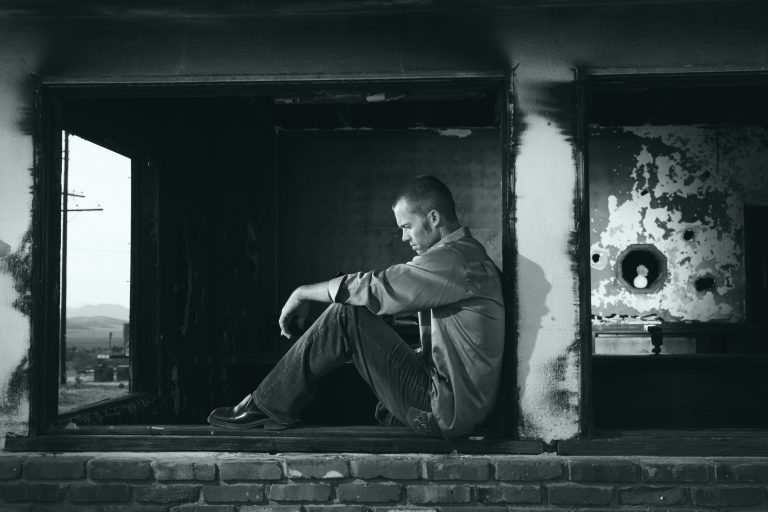When a toddler skins his knee, his mother reassures him: “You’re okay!” When the same child tells his teacher he doesn’t need a jacket during recess, his teacher insists: “But you’ll be cold!” When he grows up and says he needs to take a break on the hike, his friends respond: “It’s easy, you’ll be fine.”
As well meaning as people can be, this pushback subconsciously sends a message that we should not trust ourselves: other people understand our bodies and needs better than we do. These experiences are far more frequent and damaging to those living with chronic pain. After years of being dismissed by doctors and doubted by society, it’s hard not to internalize this suspicion: “Is it really that bad? Perhaps it’s all in my head?”
The Absolute Authority of Medical Professionals
Those of us living with chronic pain get lobbed between specialists like a ping pong ball. Strangers in white coats diagnose, prescribe, and refer without properly examining our medical history, nevermind asking what we think. We are taught to blindly rely on and comply with the instructions of external sources of authority.
To be clear, medical professionals play an essential role in our treatment. Doctors have accumulated vast and invaluable knowledge through years of education, research, and hands-on experience. That is not to be taken lightly. They have not, however, lived inside your body for even one second. In fact, no one ever has, and no one ever will.
Disconnecting From Our Bodies
No one but you knows precisely how it feels to climb stairs during a flare up, live with the side-effects of a particular medication, or debate whether or not grocery shopping is a risk worth taking. But after a lifetime of internalized doubt, many people living with chronic pain have learned to ignore their own bodies.
And sometimes this disconnect can be oddly comforting. When we leave our healthcare decisions in the hands of the professionals, we don’t have to take responsibility for the consequences. We tell ourselves that if we got involved, we’d only mess things up. The doctors know best.
Moreover, after years of outsourcing our wellbeing to external bearers of knowledge, many of us would not even know where to start if a doctor did take the time to ask: “What do you think? How do you feel?” It’s like trying to exercise a muscle that has atrophied from disuse. Our irrelevant role in the medical system has made it virtually impossible to hear our inner voice, nevermind trust it.
Reclaiming Agency
We pay a tremendous price when we allow the locus of control to remain outside of our bodies. We let others make misguided decisions on our behalf, we become increasingly disconnected from our own needs, and we forfeit ownership over our own healing journey. We also lose out on the potential benefits that become available to us when we connect to our inner wisdom. Whether you like it or not, you are the most important resource in cultivating your own health. No medical journal, statistic, or past patient can replace the precise knowledge you have about your own body.
As Glennon Doyle so powerfully described in Untamed:
“I understand now that no one else in the world knows what I should do… Because no one has ever lived or will ever live this life I am attempting to live…Every life is an unprecedented experiment. This life is mine alone. So I have stopped asking people for directions to places they’ve never been. There is no map. We are all pioneers… “
Over a lifetime of pain, most of us have developed strategies that help us in very real ways. Just like no one else knows your pain, no one but you understands the opportunities for healing: that a hot bath can be more effective than medicine, why the sensation after pilates makes the pain worthwhile, or how meditation can have a real effect on your physical wellbeing.
These are not merely nice tricks; they are powerful “Personal Medicine” prescribed to us by the world’s greatest expert. Originally coined by Patricia Deegan, this term refers to practical strategies that each individual can use to minimize pain and cultivate physical and emotional wellbeing.
Filling Our Personal Medicine Cabinet
The process of discovering our own Personal Medicine tools is both daunting and empowering. It demands patience, bravery, and a whole lot of trial and error. It begins with turning inward. Ask yourself: “What do I know?” “What can I do?” “What feels right to me at this moment?”
At first, the answers may not come. We have muffled them for so long, in favor of external opinions, escapism, or the overwhelming pain that makes it impossible to think about anything else.
But the disconnect has failed us. Reconnecting to our inner knowledge is both our last resort and our first priority. It is the greatest gift we can give to ourselves and the map the doctors have been missing on our healthcare journey. Once we recognize our needs and learn to advocate for ourselves, professionals will be able to treat us far more effectively and respectfully. It’s time to heed Doyle’s call and dig deep:
“If I am willing to sit in the stillness with myself, I always know what to do. That the answers are never out there. They are as close as my breath and as steady as my heartbeat… I have to trust, no matter how illogical or scary the next right thing seems. Because the more consistently, bravely, and precisely I follow the inner Knowing, the more precise and beautiful my outer life becomes… “

